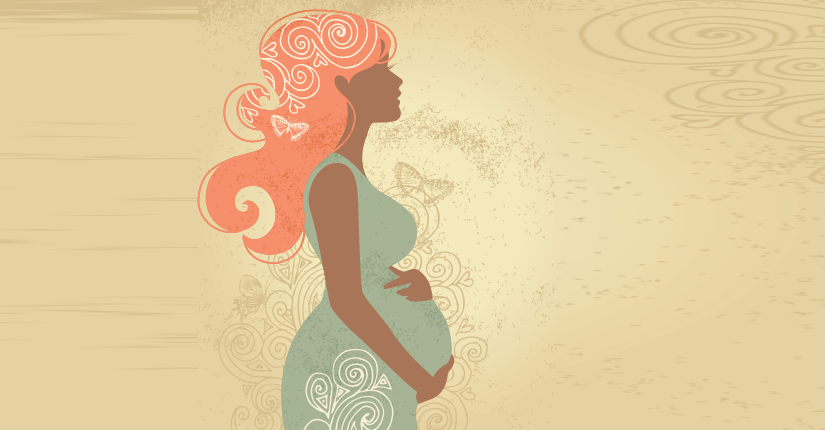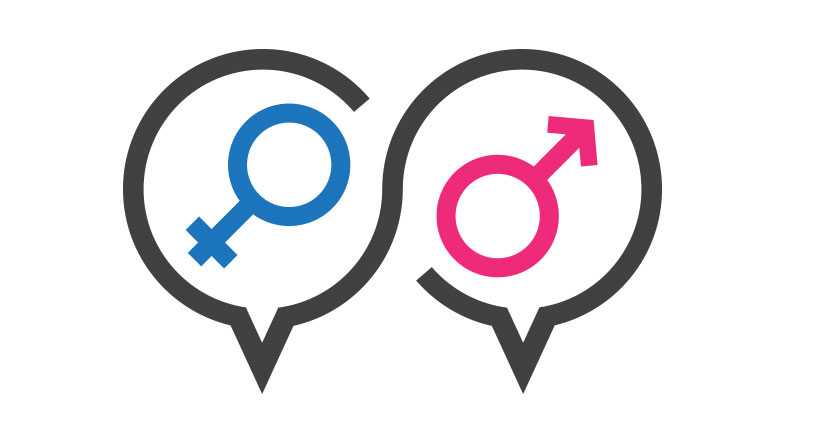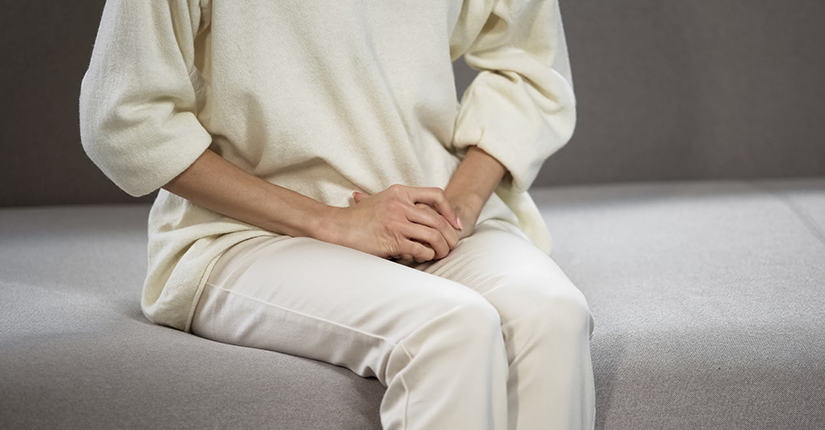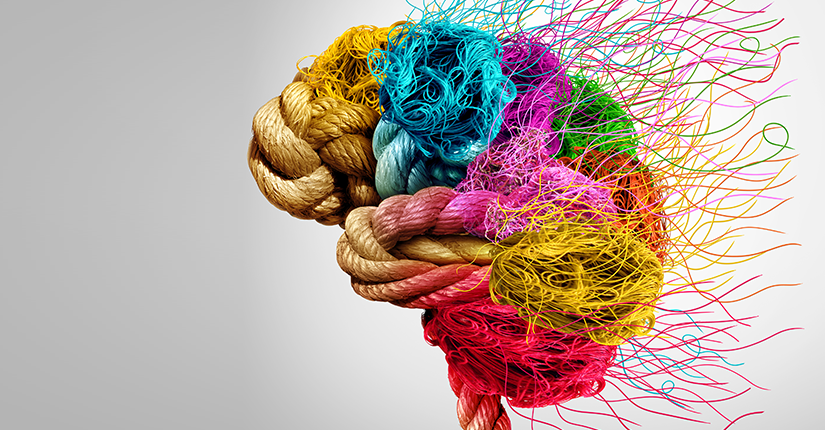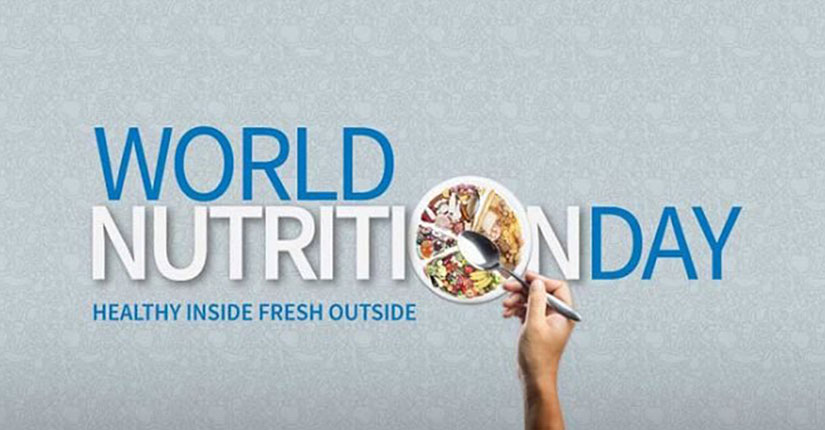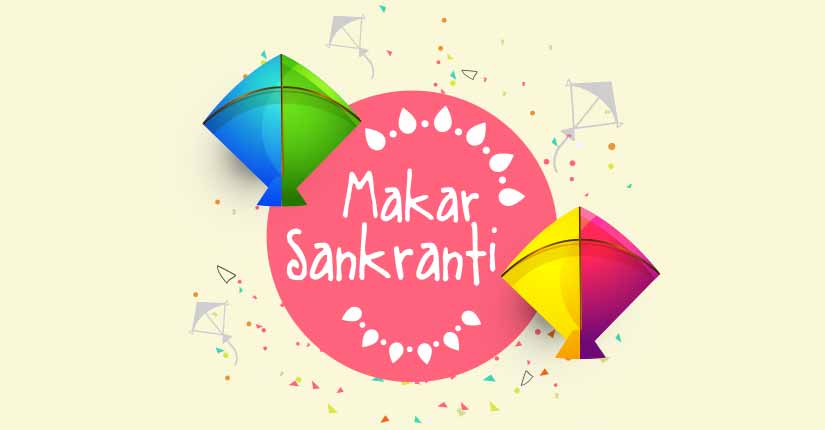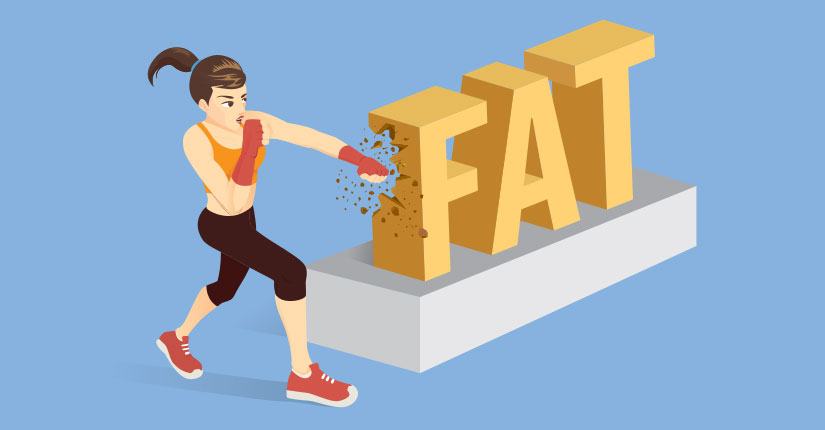Right to Health is our Human Right
By Nmami Agarwal 10-Dec 2021 Reading Time: 5 Mins
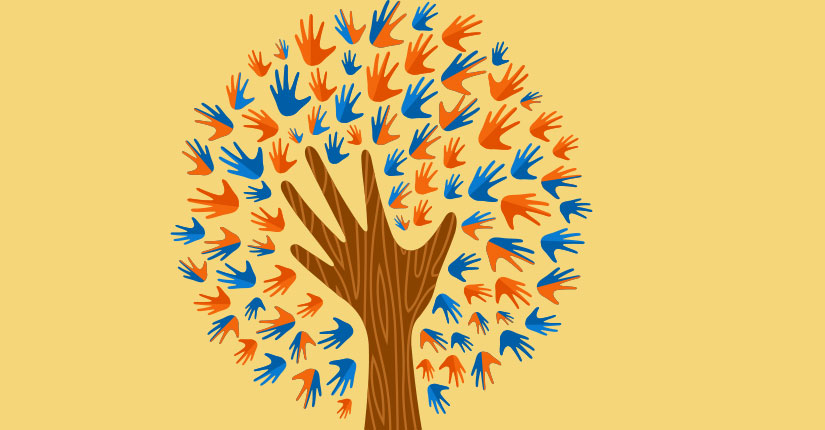
Human Rights Day is celebrated each year on 10th December to raise awareness about people’s social, cultural, and physical rights and to ensure the welfare of each and every individual but let’s talk about the Right to Health now!
Health is an important human right that can’t be neglected on this special day. ‘Health is a state of complete physical, emotional, and social well-being of a person and not merely the absence of a disease’. Also, it is the state’s duty and basic human right to ensure complete access to ‘timely, acceptable, and affordable health care of appropriate quality as well as to provide for the underlying principles of health, such as potable and clean drinking water, sanitation facilities, food, housing, health-related information and education, and gender equality’ to all its people. In India, this right, which is promoting public health, is protected under the Constitution of India in numerous ways.
The right to health provides the freedom to control one’s body and health without any interference from other opinions. It also includes the entitlement to provide everyone an equal opportunity to enjoy the highest attainable level of health facilities.
Core Elements of a Right to Health
- It does not matter what level of resources they have at their disposal, progressive realisation requires that governments should take immediate and effective steps within their means towards the fulfilment of these rights.
- Also, States should not allow the existing protection of economic, social, and cultural rights to deteriorate unless there are strong justifications for a retrogressive measure under sudden notice.
Components of the Right to Health
- Availability: The sufficient quantity of functioning public health care facilities, goods, and services, as well as programmes, should be made available for all age groups. This can be measured through the analysis of disaggregated data to different and multiple factors including age, sex, location, and socio-economic status, and qualitative surveys to understand coverage gaps and health workforce coverage.
- Accessibility: This requires that health facilities, goods, and services must be accessible to every individual. There should be no discrimination, proper physical accessibility, easy affordability, and effective information accessibility to their rights to health.
- Acceptability: This demands that healthcare facilities, goods, services, and programmes are people-centred and cater to the specific needs of such a diverse population group.
- Quality: Healthcare facilities, goods, and services must be scientifically and medically approved. This also includes the experience as well as the perception of health care providers. It should provide safe, effective, timely, and efficient healthcare facilities keeping in mind the needs of the people.
The right to health is one of a set of internationally agreed human rights standards, and cannot be separated from the other rights. This means achieving the right to health is closely linked with other human rights, such as food, housing, work, education, information, and participation.
Over to you:
On this Human Rights Day, know your Right to Health as each individual has the full right to utilize health programs and products such as food, clothing, housing, and necessary social services. No one should be deprived of their basic rights and safety to health.


